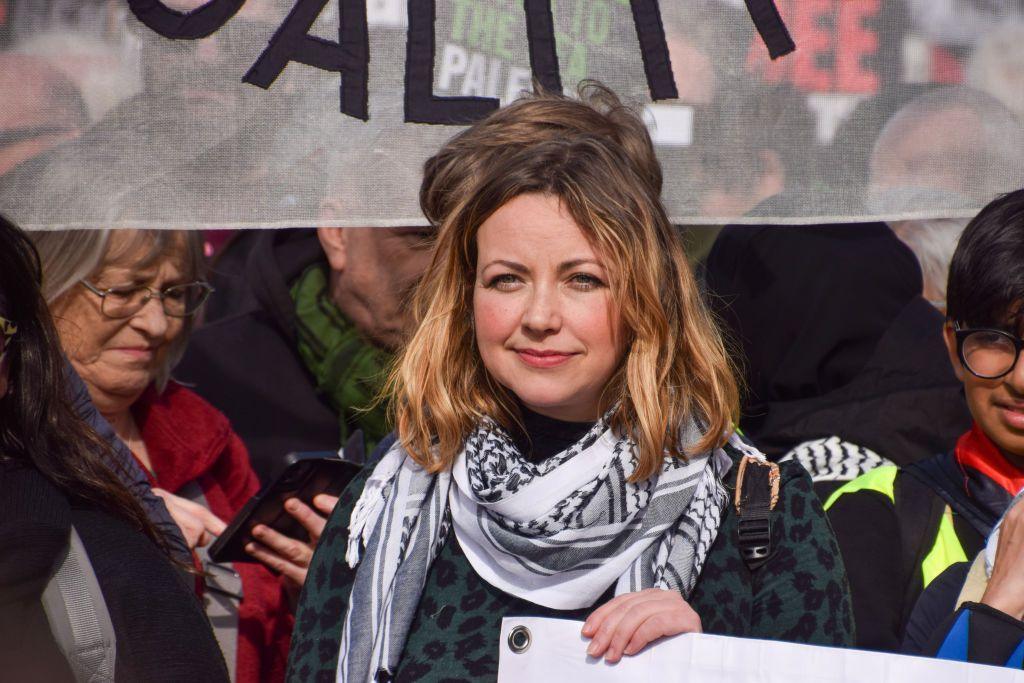Edinburgh book festival ends Baillie Gifford sponsorship
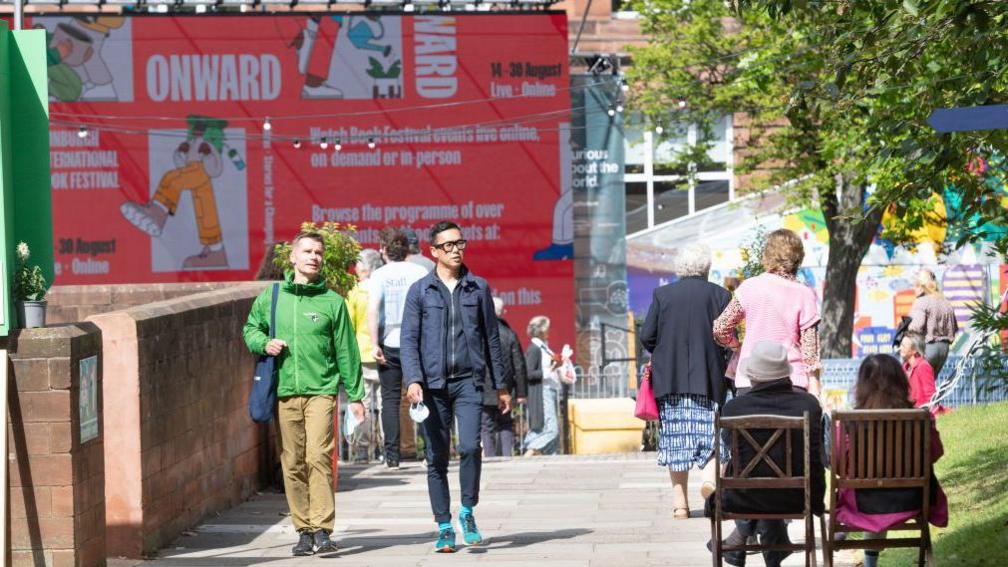
Climate activists boycotted the the 2023 Edinburgh book festival.
- Published
The Edinburgh International Book Festival has ended its 20-year funding partnership with sponsors Baillie Gifford after pressure from climate change protesters.
The move follows a similar decision by the Hay festival in Wales last week.
The investment company, which is based in Edinburgh, has been a major sponsor of UK arts events but has come under scrutiny for its investments in fossil fuels.
Book festival chairman Allan Little said they could nor deliver a safe and sustainable festival in August with the constant threat of disruption from activists.
The protests began when more than 50 authors called on the festival to end its deal with Baillie Gifford in 2023, after climate change activist Greta Thunberg cancelled an appearance at the event.
The then festival director, Nick Barley, warned the organisation would not have enough money to operate without private sponsorship.
In a statement released on Thursday, Baillie Gifford's Nick Thomas said: “The activists’ anonymous campaign of coercion and misinformation has put intolerable pressure on authors and the festival community.
"We step back with the hope that the festival will thrive this year and into the future.
"We hold the activists squarely responsible for the inhibiting effect their action will have on funding for the arts in this country."
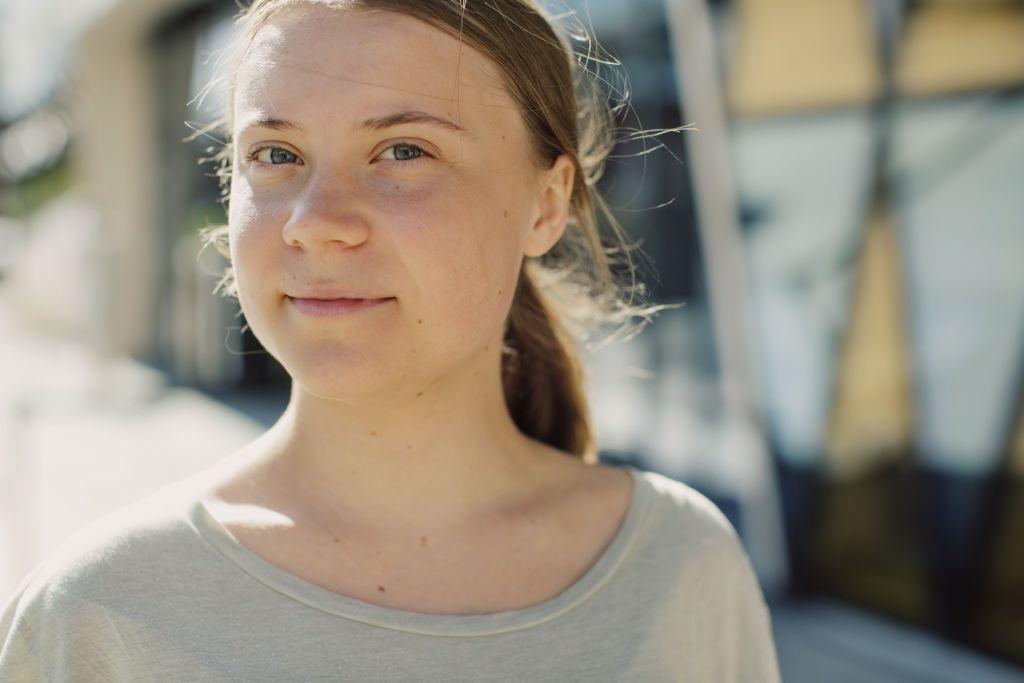
Climate activist Greta Thunberg pulled out of the festival last year
Pressure has mounted on the organisers in recent weeks after the protest group Fossil Free Books turned its attention to the long-running Hay festival.
The group attacked the festival for its links with the investment firm, which it says has links to fossil fuel firms and Israel.
Fossil Free Books and its supporters have made the Israel-Hamas war a campaigning issue alongside climate change.
Artists including Charlotte Church and Nish Kumar pulled out of appearing at Hay last week in protest at the deal between the festival and Baillie Gifford.
More than 700 publishers and writers including writers George Monbiot, Max Porter and Michael Rosen have signed an open letter, external calling on festivals to end their links with Baillie Gifford.
'Progessive and nuanced discussion'
Mr Little said: “Our team cannot be expected to deliver a safe and sustainable festival this August under the constant threat of disruption from activists. This was a pragmatic response to that reality.
“Funding for the arts is now in a perilous position and we should all be clear that without the support of our partners and donors, the future of festivals like ours – and all of the benefits these events bring to authors and readers alike – is in jeopardy."
Mr Little said the festival was a charity and an "important platform" which allows people of all views to debate.
"Book festivals around the world are forums in which rigorous, intelligent debate can take place. Our festival should be a place where progressive and nuanced discussion can happen in a safe and respectful space," he said.
The festival's chief executive, Jenny Niven, said the mutual decision to end the partnership was a source of great regret.
“The pressure on our team has simply become intolerable. We have a major global festival starting in 10 weeks’ time and we need to focus all of our efforts and energy on delivering a safe and successful event for our audiences," she said.
“Undermining the long-term future of charitable organisations such as book festivals is not the right way to bring about change."
Disinvestment 'serves no purpose'
Nick Thomas, a partner at Baillie Gifford, said: “Our collaboration with the Edinburgh International Book Festival, spanning decades, was rooted in our shared interest in making Edinburgh a thriving and culturally vibrant place to live and work."
He said the firm had supported the schools and children's programmes, providing free books - and he defended Baillie Gifford's ethical record.
"The assertion that we have significant amounts of money in the Occupied Palestinian Territories is offensively misleading. Baillie Gifford is a large investor in several multinational technology companies, including Amazon, NVIDIA, and Meta," he said.
"Demanding divestment from these global companies, used by millions of people around the world, is unreasonable and serves no purpose. Much as it would be unreasonable to demand authors boycott Instagram or stop selling books on Amazon.
“Nor is Baillie Gifford a significant fossil fuel investor. Only 2% of our clients’ money is invested in companies with some business related to fossil fuels. We invest far more in companies helping drive the transition to clean energy."
'A clear message'
Fossil Free Books said they welcomed the news that the book festival had "dropped" Baillie Gifford as a sponsor.
A statement said: "Our primary demand has always been for Baillie Gifford to divest, and for festivals to use their relationships with Baillie Gifford to call on the firm to divest.
"As bombs continue to fall on Palestinians in Gaza, we hope this sends a clear message: we are united in our solidarity for Palestinians.
"We condemn Israel’s genocide in Gaza, and the recent horrifying massacre of Palestinians sheltering in Rafah by Israeli precision bombs. We call on all financial institutions with holdings in Israeli occupation, apartheid and genocide to divest.
"We love our literary festivals dearly, and it is a privilege to share work with readers, but this cannot come at the expense of the human rights of Palestinians and communities harmed by fossil fuel companies."
The group added that it has not coerced authors into supporting its aims and said it would be meeting Jenny Niven from the Edinburgh International Book Festival on Friday.

Sponsors like Baillie Gifford are rare in the arts world. They are known for giving a lot and place few - if any - restrictions on funding.
But now, one by one the UK’s leading literary festivals are turning down Baillie Gifford's money, under pressure from activists and authors who say the investment firm has links to Israel and fossil fuels which make it unacceptable.
Baillie Gifford disputes the figures used in the Fossil Free Books campaign.
The company says only two per cent of their clients' investments relate to fossil fuels and any suggestion they have significant sums in Occupied Palestinian Territories is “offensively misleading”.
But having persuaded the Hay festival to drop its sponsorship, Fossil Free Books have now done the same in Edinburgh.
The people who run the Edinburgh book festival say this is the only practical way to ensure the event happens at all, after threats of disruption and boycott.
A charitable organisation has been forced to turn down resources in the most precarious of times. The worry must be that other sponsors may also shy away, leaving the festival in jeopardy.
And for what? Baillie Gifford will continue to invest, and their philanthropy will go elsewhere.
Meanwhile, the complex issues and discussions for which this festival is famed may not have a platform at all.

Related topics
- Published4 August 2023
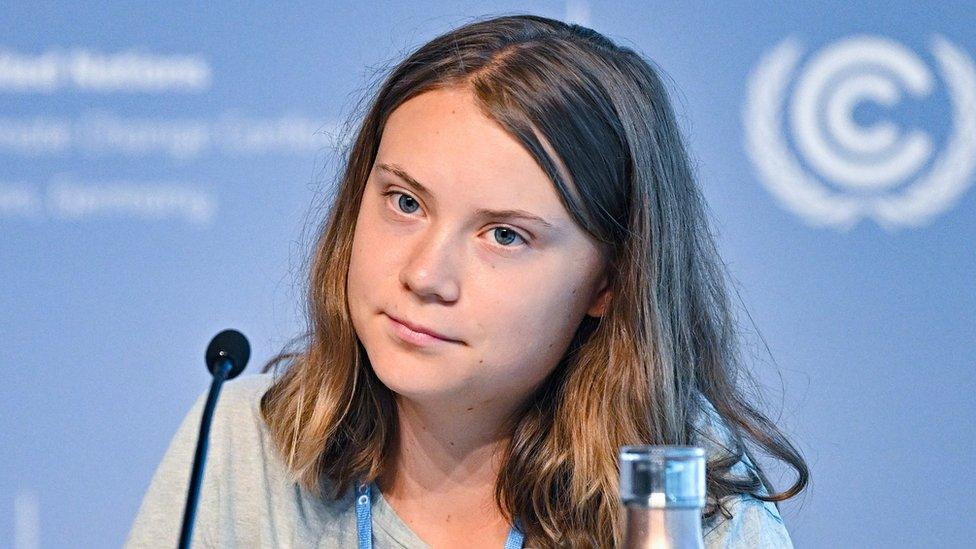
- Published11 August 2023
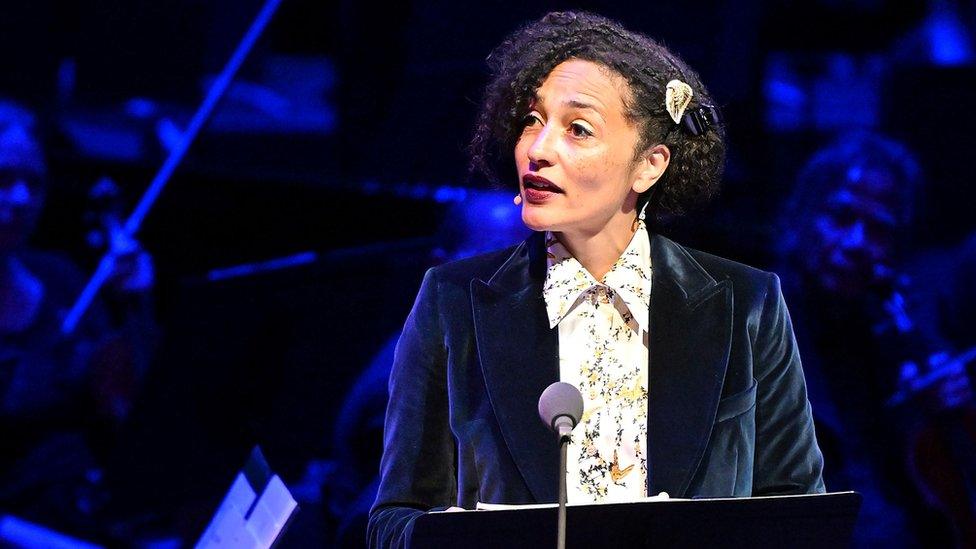
- Published24 May 2024
